Celebrating 50 Years of Hip Hop & Its Roots
Hip Hop, the cultural phenomenon that emerged from the streets of the Bronx in the 1970s, has since grown into a global movement, influencing music, fashion, art, and more

Hip Hop, the cultural phenomenon that emerged from the streets of the Bronx in the 1970s, has since grown into a global movement, influencing music, fashion, art, and more. As we celebrate the 50th anniversary of this groundbreaking genre, let us pay homage to the five pillars that laid the foundation for Hip Hop’s unparalleled impact: emceeing, DJing, graffiti, breakdancing, and knowledge.
Emceeing:
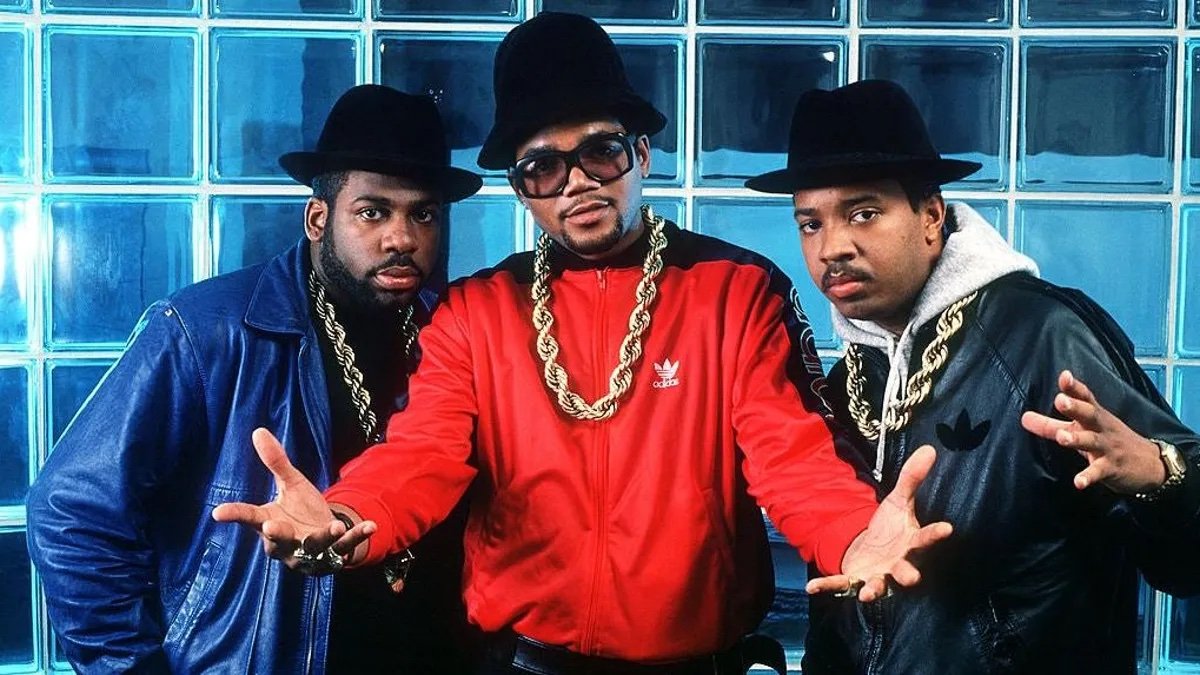
At the heart of Hip Hop is emceeing, the art of lyricism and storytelling. Through their rhymes, the founding fathers and mothers of Hip Hop gave voice to the struggles, dreams, and realities of Black communities. They spoke truth to power, shedding light on societal issues while inspiring generations with their poetic mastery.
DJing:
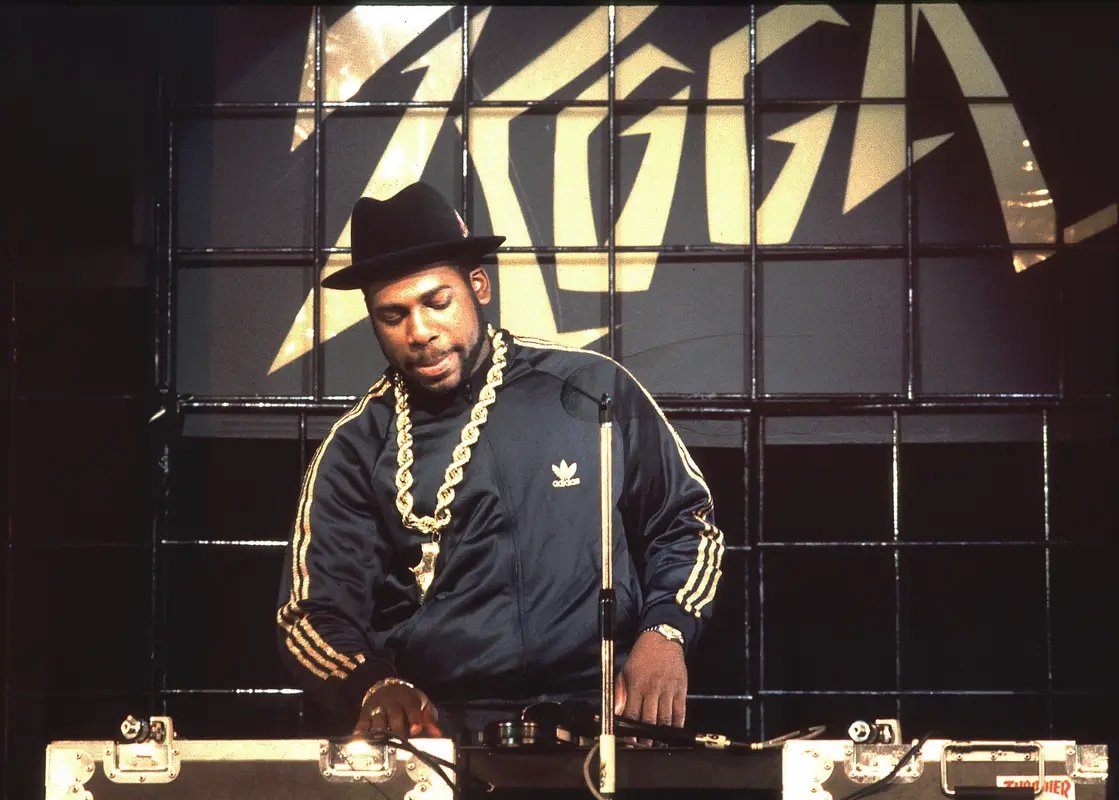
In the early days of Hip Hop, the DJ played a central role, providing the beats that fueled the movement. Their skills on the turntables birthed innovative techniques, blending records to create new sounds that ignited dance floors and brought people together.
Graffiti:

Graffiti, an integral element of Hip Hop, served as a canvas for artists to express themselves, leaving their mark on the cityscape. These vibrant artworks became a visual representation of Hip Hop’s spirit, capturing its rebellious nature and artistic ingenuity.
Breakdancing:
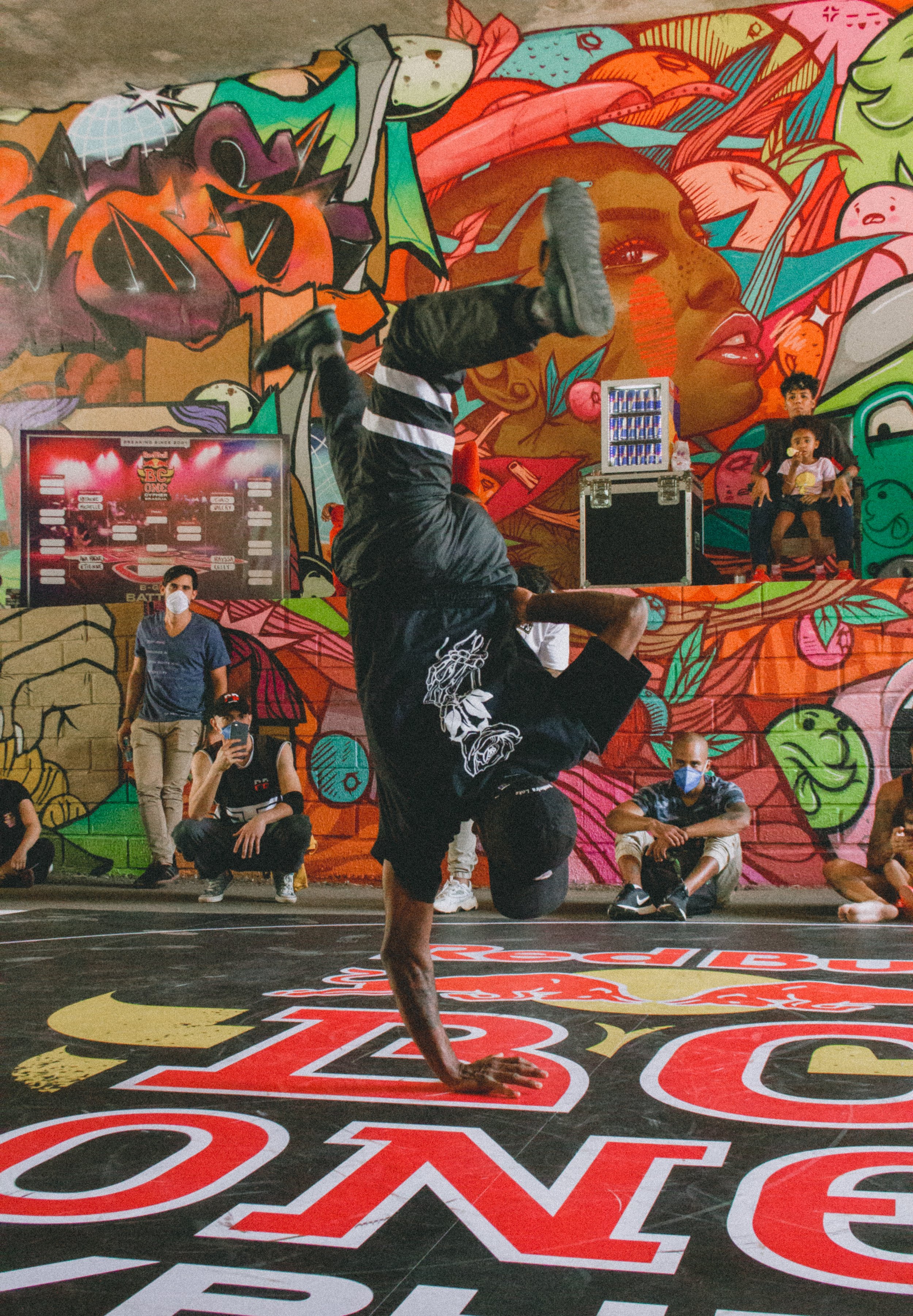
Breaking, or breakdancing, captivated the streets with its acrobatic moves and infectious energy. This form of dance celebrated individuality and creativity, reflecting the resilience and determination of its performers.
Knowledge:

Beyond the music and dance, knowledge played a vital role in Hip Hop’s evolution. Embracing the roots of African storytelling and oral tradition, Hip Hop artists used their platform to educate, uplift, and empower their communities.
Founding Fathers and Mothers of Hip Hop:

– Kool Herc: Considered the father of Hip Hop, DJ Kool Herc revolutionized the DJing scene by introducing extended breaks in music, paving the way for rap battles and emceeing.
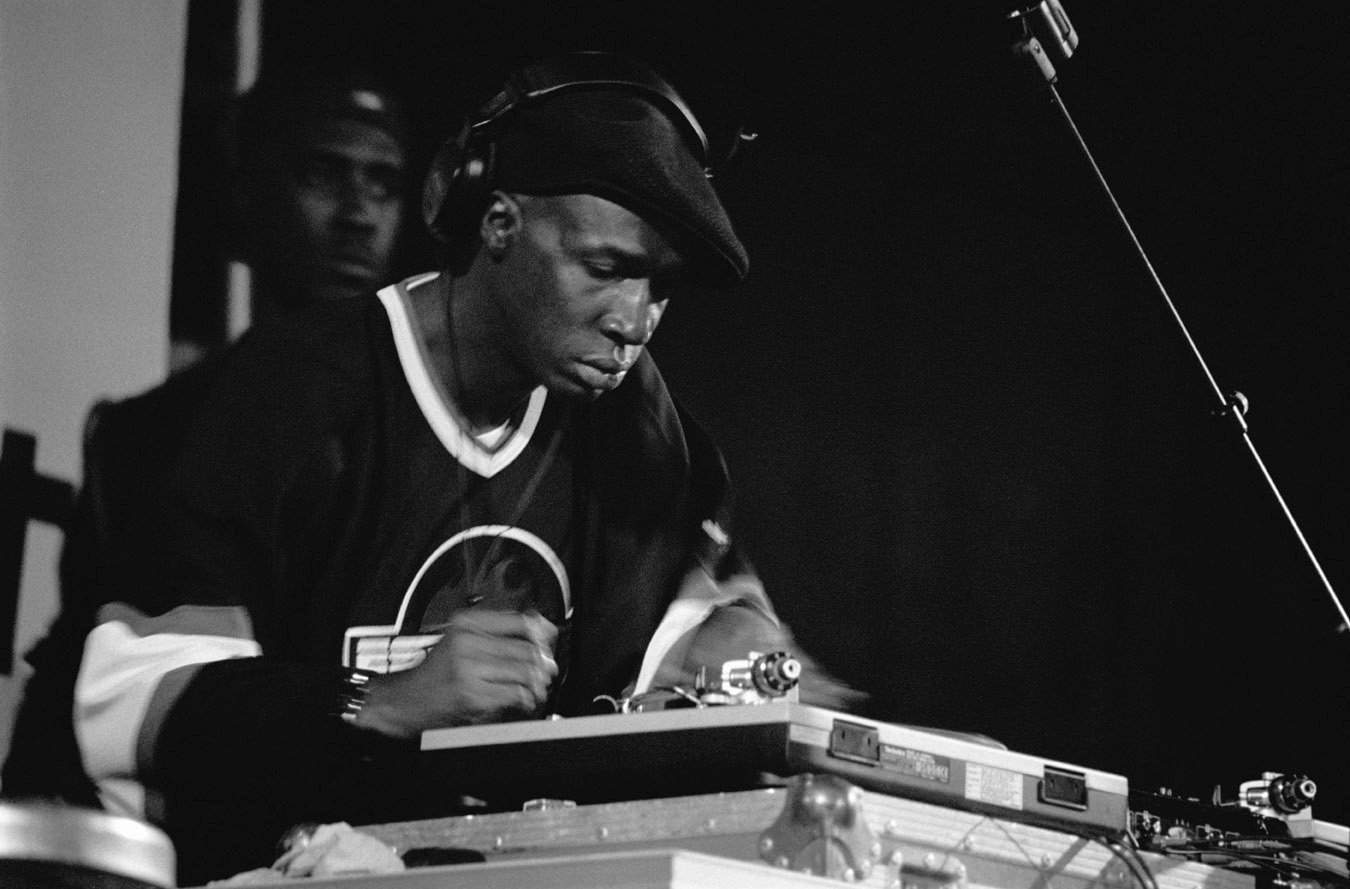
– Grandmaster Flash: A pioneer of DJ techniques, Grandmaster Flash’s innovative skills with turntables pushed the boundaries of Hip Hop’s sonic landscape.
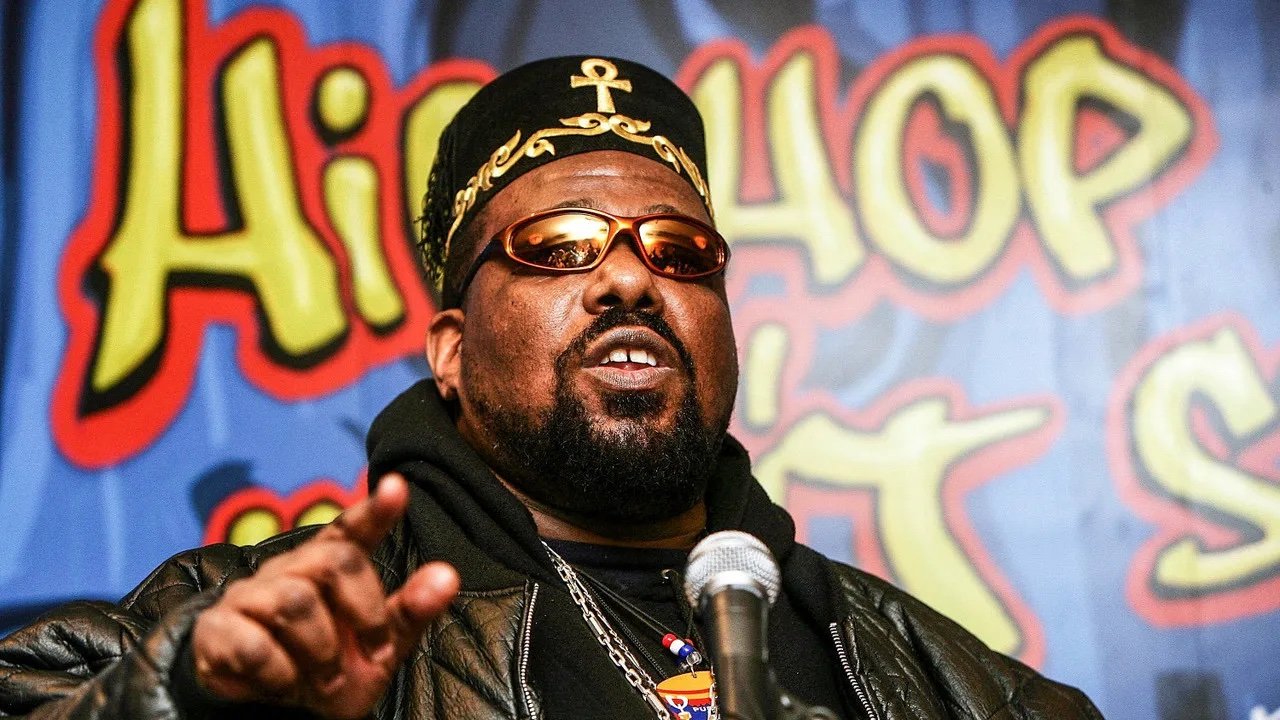
– Afrika Bambaataa: Known as the “Master of Records,” Afrika Bambaataa fused elements of Funk, Disco, and Soul, expanding Hip Hop’s musical palette.
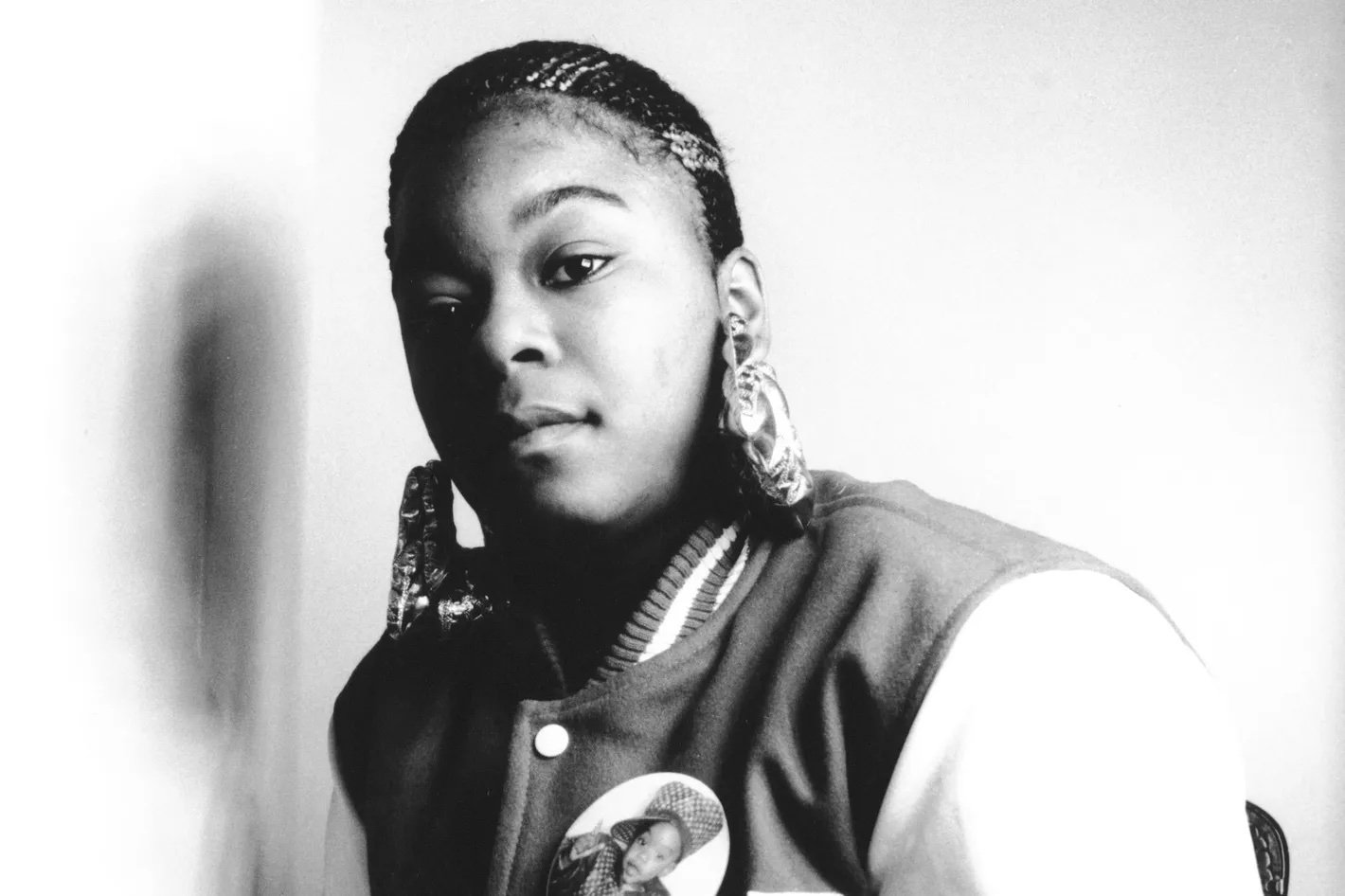
– Roxanne Shante: At just 14, Roxanne Shante made a significant impact on the genre with her fierce and unapologetic rhymes, earning her the title of one of the first female emcees.

– MC Lyte: As one of the first female solo rappers, MC Lyte’s powerful lyricism and trailblazing spirit opened doors for women in the male-dominated Hip Hop industry.
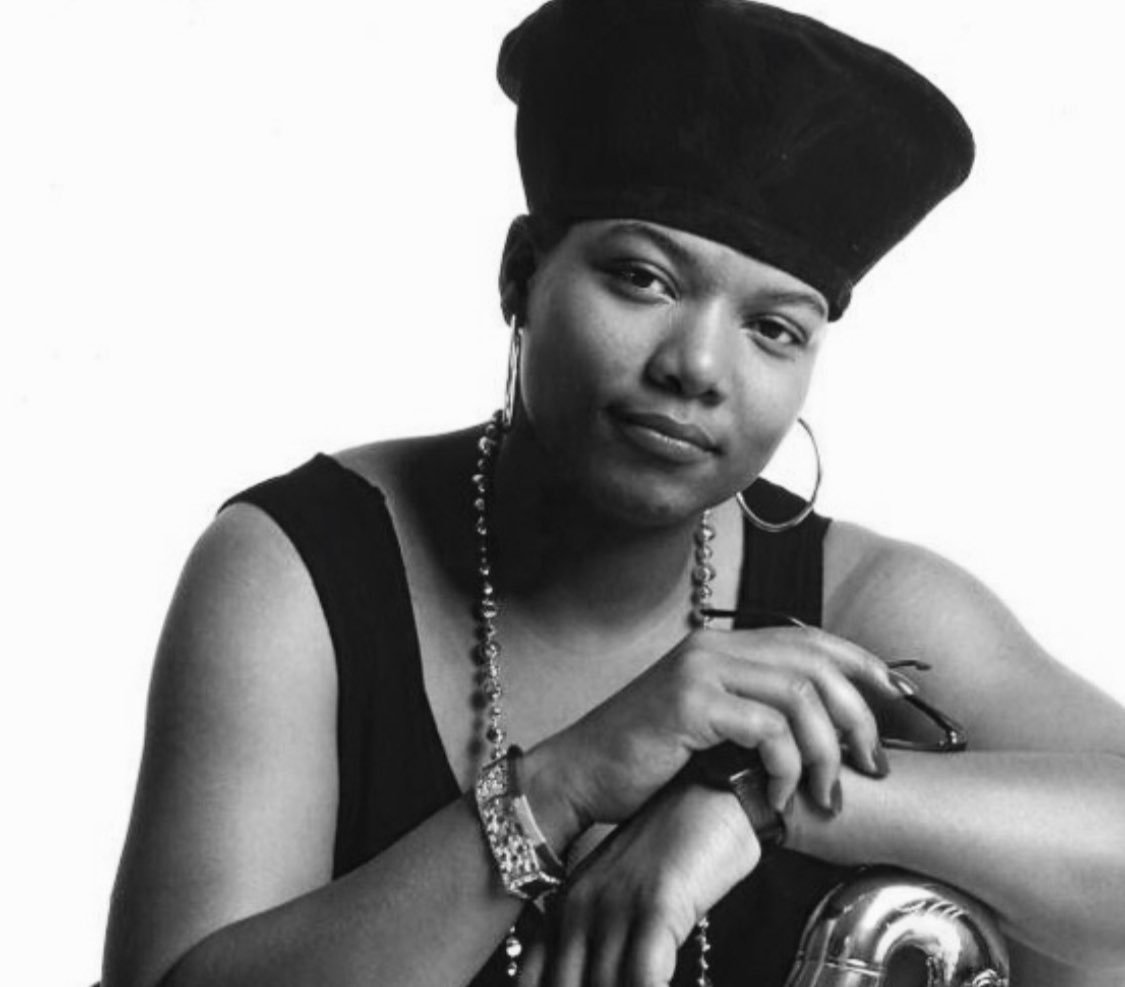
– Queen Latifah: Queen Latifah’s multifaceted career as an emcee, actress, and entrepreneur cemented her as a true Hip Hop icon and role model for aspiring artists.
As we celebrate 50 years of Hip Hop, let us remember and honor the founding fathers and mothers who laid the groundwork for this influential culture. Their boldness, creativity, and unapologetic voices continue to resonate and shape the essence of Hip Hop today. Let us pay tribute to these trailblazers, acknowledging their immeasurable contributions to Black music, culture, and history. As we look back, we are reminded of the powerful legacy that will undoubtedly inspire generations of Hip Hop artists to come. Here’s to 50 years of Hip Hop, and to countless more years of its continued impact on the world.




